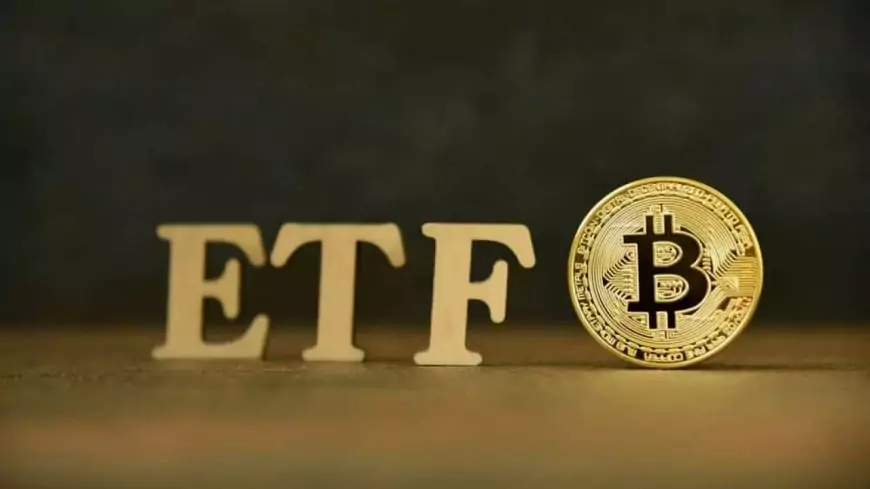Will the U.S. Finally Have a Spot Bitcoin ETF?
This past month, the Nasdaq exchange and BlackRock, the world’s largest global asset manager and top provider of ETFs, upped the ante in the elusive pursuit of a U.S. spot Bitcoin ETF with a June 15 application to the SEC, effectively kicking off the latest race to become the first to launch in the U.S.

This past month, the Nasdaq exchange and BlackRock, the world’s largest global asset manager and top provider of ETFs, upped the ante in the elusive pursuit of a U.S. spot Bitcoin ETF with a June 15 application to the SEC, effectively kicking off the latest race to become the first to launch in the U.S. BlackRock filed a Form S-1 registration statement for the iShares Bitcoin Trust while Nasdaq concurrently filed a 19b-4 seeking a rule change to list and trade the proposed spot Bitcoin ETF.
The filing is notable because of BlackRock’s stellar record of ETF approvals with the SEC. As highlighted by Bloomberg senior ETF analyst Eric Balchunas, BlackRock has a +99.8% success rate of getting ETFs approved, with 575 approvals and only 1 rejection.
BlackRock’s filing triggered an immediate flurry of re-filings by asset managers looking to list spot Bitcoin ETFs, including Fidelity, Invesco, Wisdom Tree, and VanEck on the CBOE, Bitwise on the NYSE, and Valkyrie on the Nasdaq, as speculation swirled that BlackRock may have key insights into the timing and approval process for a spot Bitcoin ETF. Prior to this wave of re-filings, the only live application was the joint April filing from ARK Invest/21 Shares.
To date, the SEC has rejected every spot Bitcoin ETF application, starting with the first filing made by the Winklevoss twins a decade ago. The SEC’s rejections have cited multiple concerns including the risk of fraud and market manipulation in the underlying Bitcoin market, the absence of proper regulation, and the lack of sufficient surveillance. The SEC has previously highlighted the importance of surveillance-sharing agreements, indicating that an exchange that lists Bitcoin-based ETPs can meet its obligations under the Exchange Section Act by “demonstrating that the exchange has a comprehensive surveillance-sharing agreement with a regulated market of significant size related to the underlying or reference bitcoin assets.”
On Friday morning, June 30, the Wall Street Journal reported that the SEC considered the recent applications to launch spot bitcoin ETFs to be inadequate. The SEC informed Nasdaq and CBOE that the filings were not sufficiently clear and comprehensive as they did not have enough detail with respect to the surveillance-sharing agreements, including identifying which spot Bitcoin exchange would be used. By Friday afternoon, CBOE had submitted updated 19b-4 filings for Fidelity, Invesco, WisdomTree, and VanEck as well as an amended ARK Invest/21 Shares 19b-4 filing that named Coinbase as the partner for the surveillance-sharing agreement and stated that Coinbase’s platform “represents a substantial portion of U.S.-based and USD denominated Bitcoin trading.”
On Monday, July 3, Nasdaq followed suit, amending its application to disclose that it had entered into a surveillance-sharing agreement with Coinbase on June 8.
The surveillance-sharing agreements between Coinbase and both Nasdaq and the CBOE should mitigate market manipulation given Coinbase’s dominant market share of spot Bitcoin trading and should help clear a pathway towards approval of a spot Bitcoin ETF.
The SEC will kick off an initial 45-day review period once the notice of filing is published in the Federal Register. This review period can be extended up to 240 days, at which point the SEC will have to either approve or reject the application.
Spot Bitcoin ETFs and ETPs exist in a number of other countries including Canada, Australia, Brazil, Singapore, Germany, Switzerland, and Sweden. If BlackRock’s bet on timing is correct, the U.S. may finally be next.







